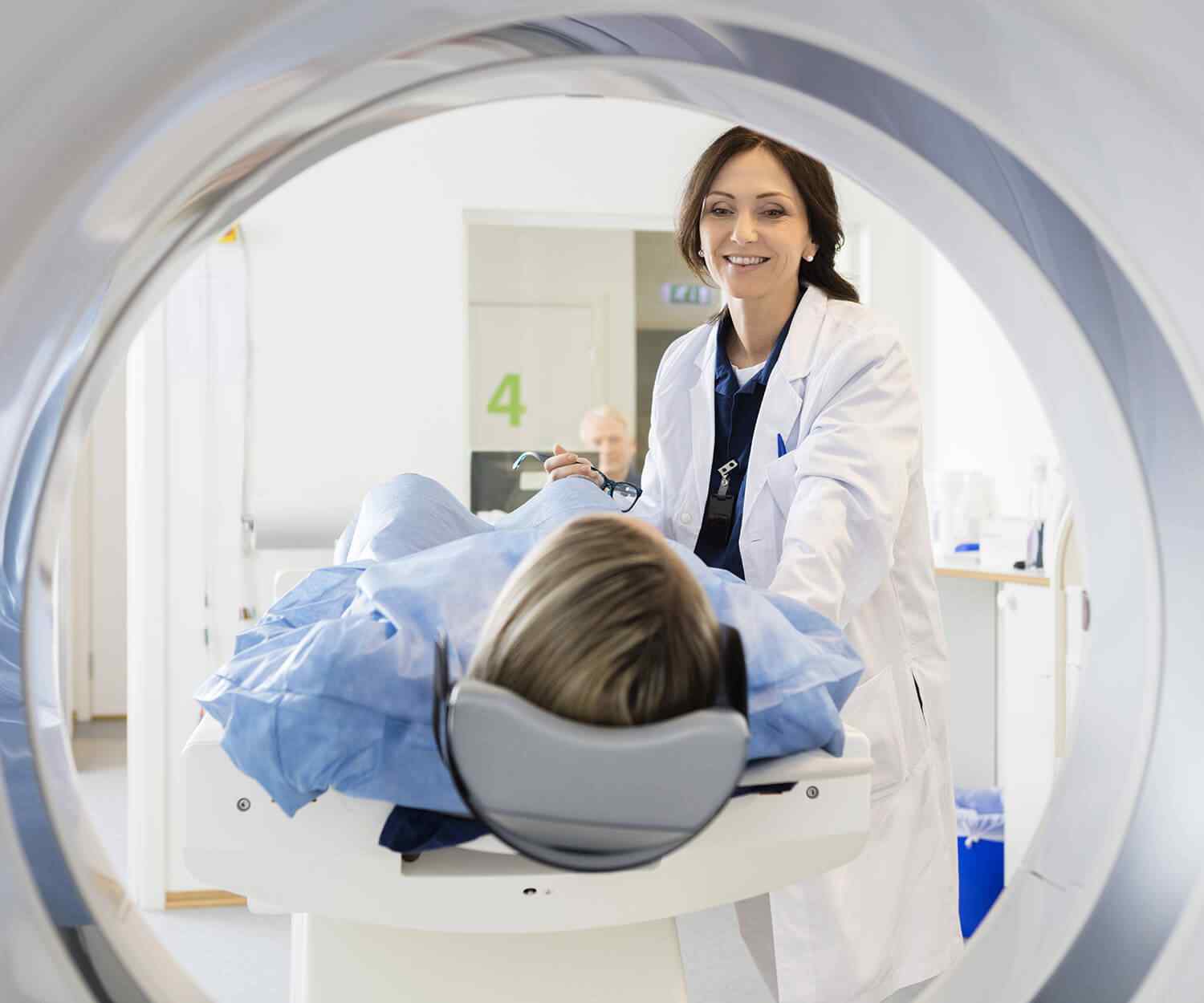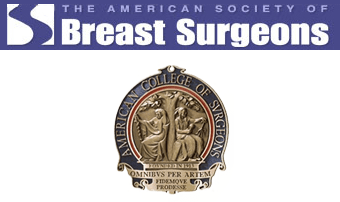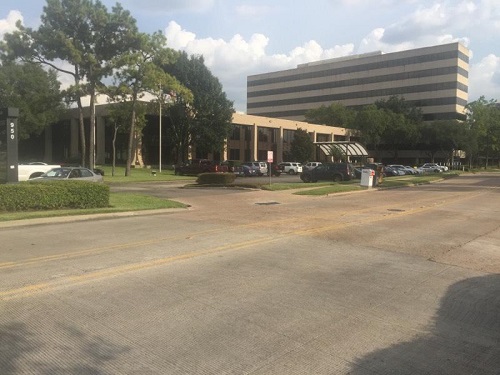Right there with you
MAKE AN APPOINTMENT FOR:
Cardiac Imaging and Testing
In our stress laboratory, we provide exercise stress testing and all forms of nuclear stress testing in a nationally accredited facility
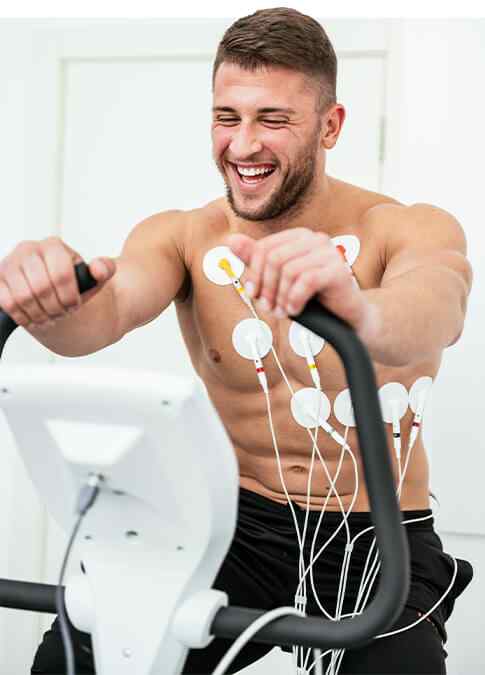
Approach
We offer efficient access to cardiometabolic testing you services. We are leaders in the rapid assessment of and cardiovascular risk factors and identifying efficient access to cardiometabolic atherosclerosis.
Experts
Our cardiovascular experts — cardiologists, vascular surgeons, radiologists, you nurse practitioners — work cardiovascular risk factors and identifying efficient together to provide you expert, compassionate care.
Technology
Cardiac rehabilitation (CR) can slow or reverse the nurse progression of cardiovascular disease (CVD). E-cardiology, e-health and technology solutions for physical activity uptake and monitoring have evolved rapidly risk factors and have potential disease in CVD management.
Our DoctorsMeet Our Heart Specialists
Common Heart Conditions
- Arrhythmia
- Atherosclerosis
- Cardiomyopathy
- Congenital heart defects
- Heart infections
Arrhythmia
An arrhythmia is an abnormal heart rhythm. Some arrhythmias can cause problems with contractions of your heart chambers by not allowing the top chambers (atria) to squeeze correctly.
The choice will be based on the type of arrhythmia you have, how severe your symptoms are, and if you have other conditions such as diabetes, kidney failure, or heart failure. Your healthcare provider will discuss your treatment options with you.
Usual Symptoms:
- Weakness
- Fainting
- Heart failure
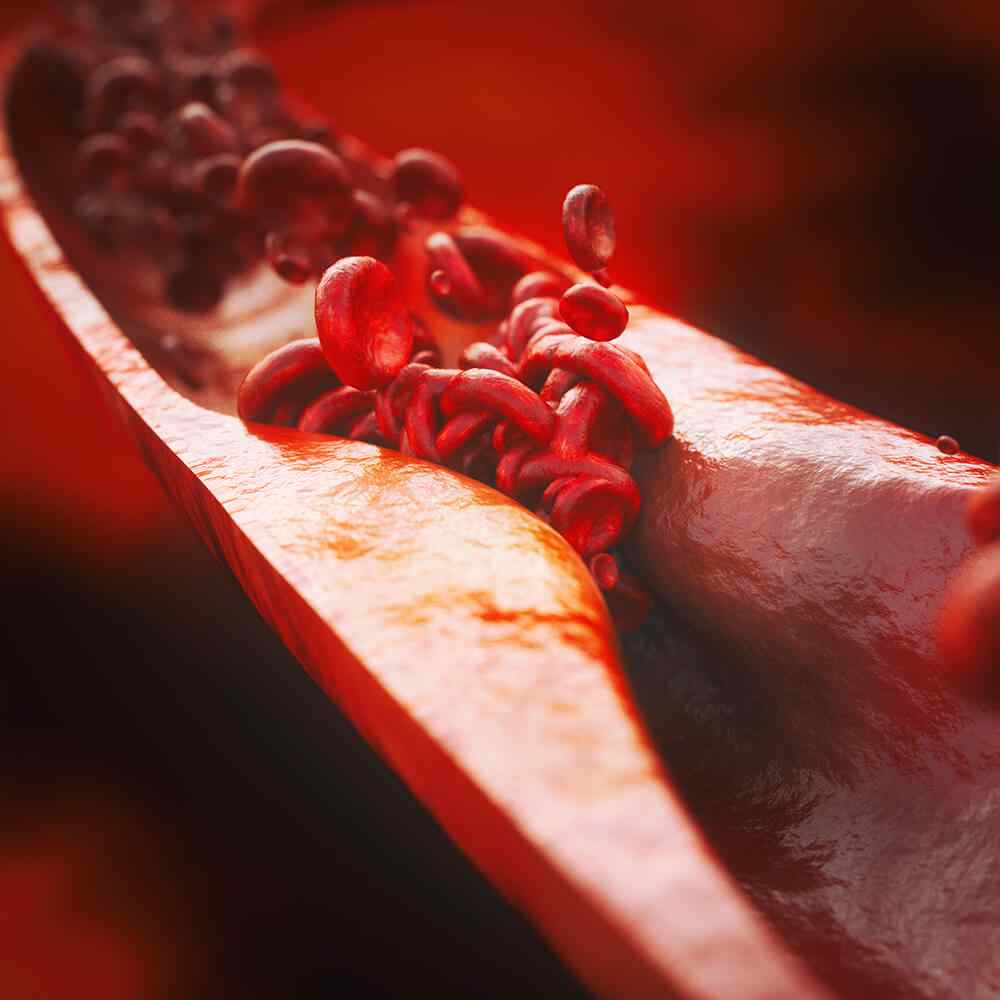
Atherosclerosis
Atherosclerosis is thickening or hardening of the arteries caused by a buildup of plaque in the inner lining of an artery. Can cause a heart attack, stroke, aneurysm, or blood clot.
Atherosclerosis is the buildup of fats, cholesterol and other substances in and on your artery walls. This buildup is called plaque. The plaque can cause your arteries to narrow, blocking blood flow. The plaque can also burst, leading to a blood clot.
Usual Symptoms:
- Chest Pain
- Fatigue
- Shortness of breath
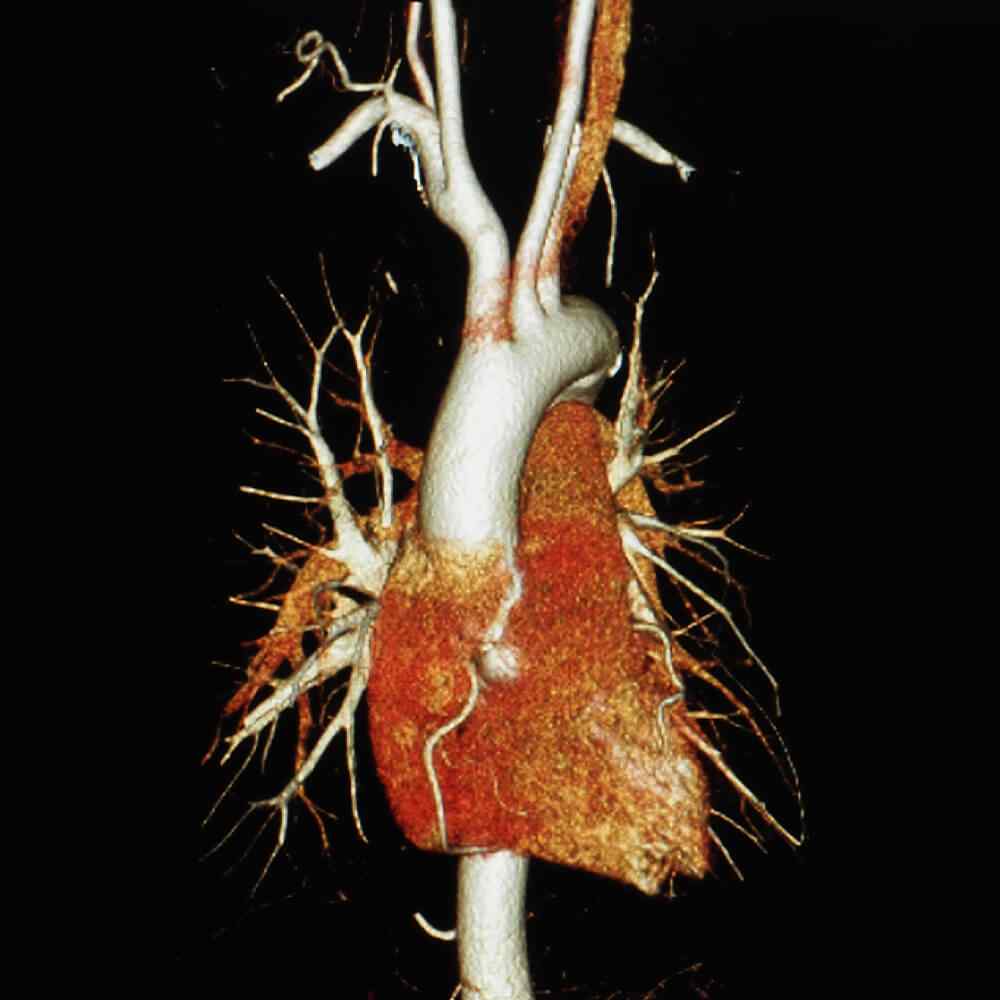
Cardiomyopathy
Cardiomyopathy causes the heart to lose its ability to pump blood well. In some cases, the heart rhythm also becomes disturbed. This leads to irregular heartbeats (arrhythmias).
Viral infections in the heart are a major cause of cardiomyopathy. In some cases, another disease or its treatment can cause for the cardiomyopathy. This might include complex heart disease that’s present at birth (congenital).
Usual Symptoms:
- High blood pressure
- Viral infections
- Muscle disorders
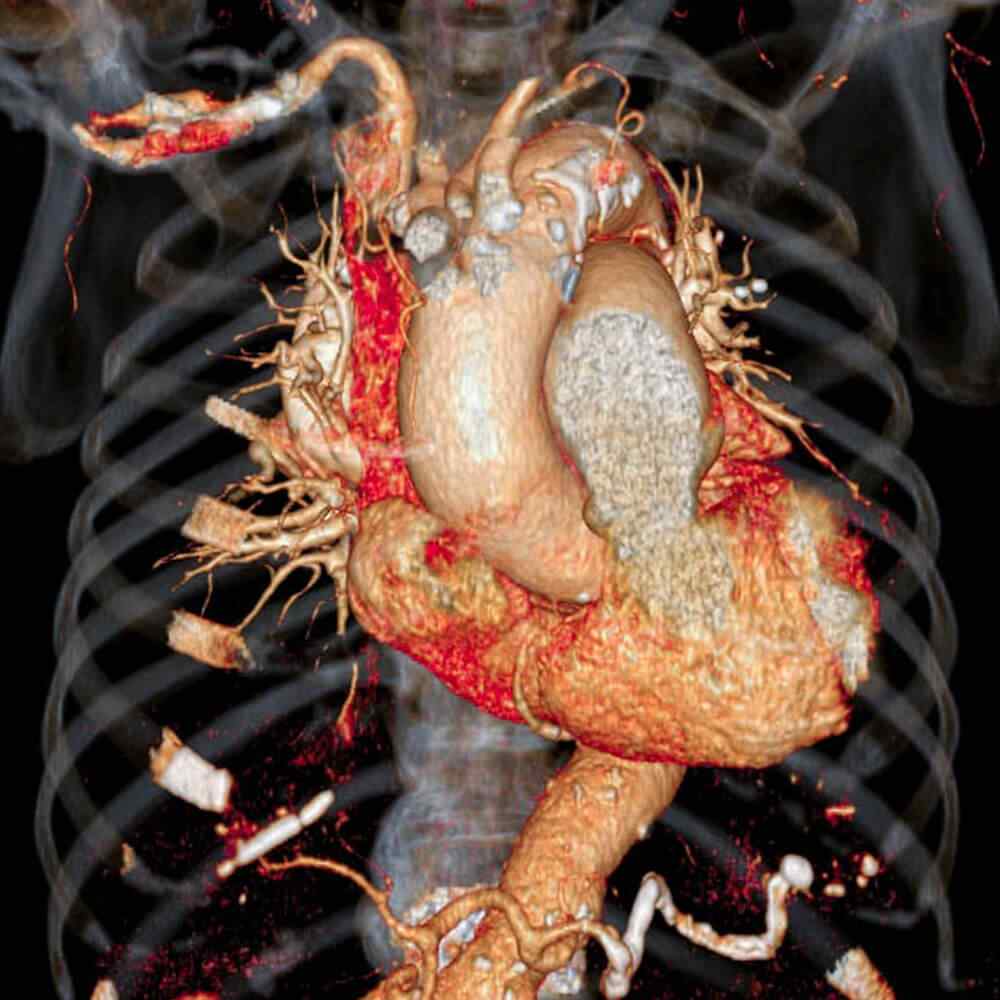
Congenital heart defects
A congenital heart defect (CHD) is a heart problem that a baby has at birth. It is caused by abnormal formation of the heart during growth in the womb. There is no known reason for it.
Most cases of congenital heart defect have no known cause. But some types of congenital heart defects occur more often when the mother comes in contact with some types of dangerous substances in the first few weeks of her pregnancy.
Usual Symptoms:
- Chest Pain
- Lupus
- Connective tissue disorder
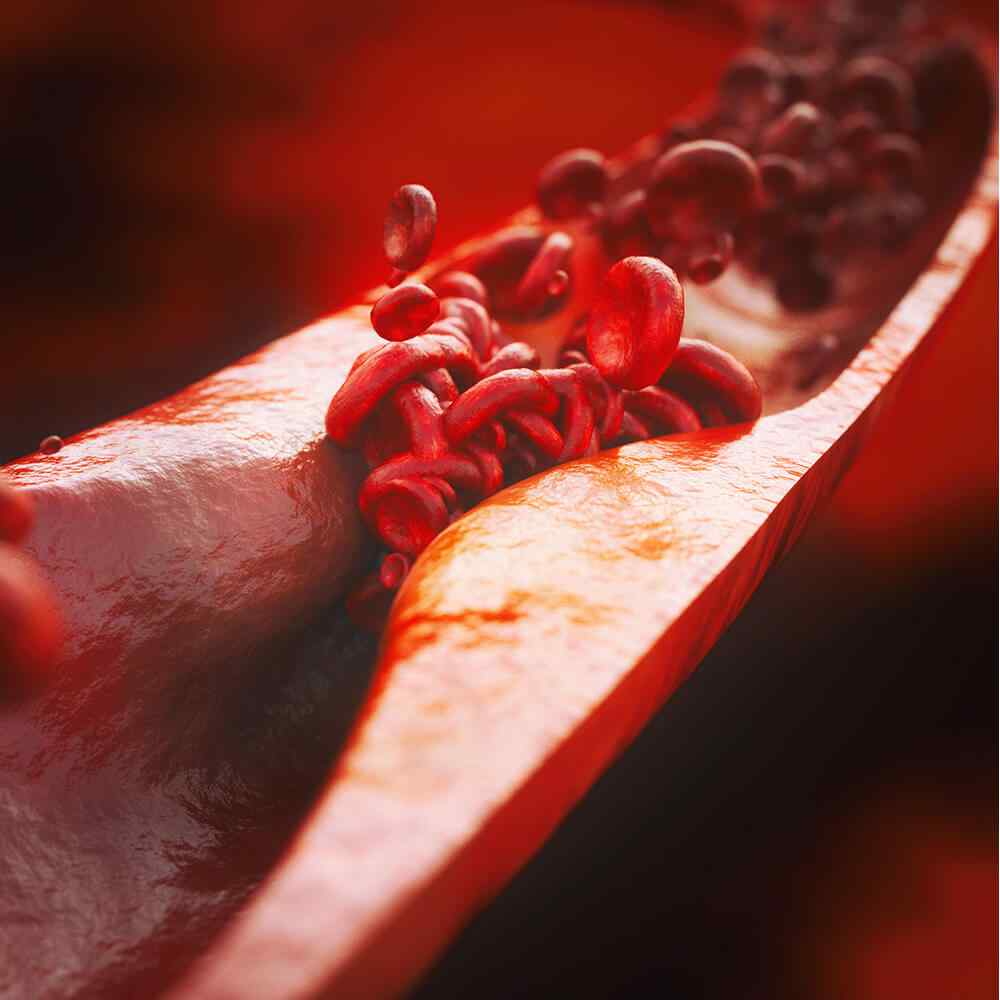
Heart infections
Rheumatic heart disease is a condition where the heart valves have been permanently damaged by rheumatic fever. The heart valve damage may start shortly after untreated infection.
Untreated or under-treated strep infections can increase the risk for rheumatic heart disease. This may take years to develop and can lead to heart failure. Rheumatic fever can occur at any age. But it often occurs in children ages 5 to 15.
Usual Symptoms:
- Fever
- Chest discomfort
- Swelling
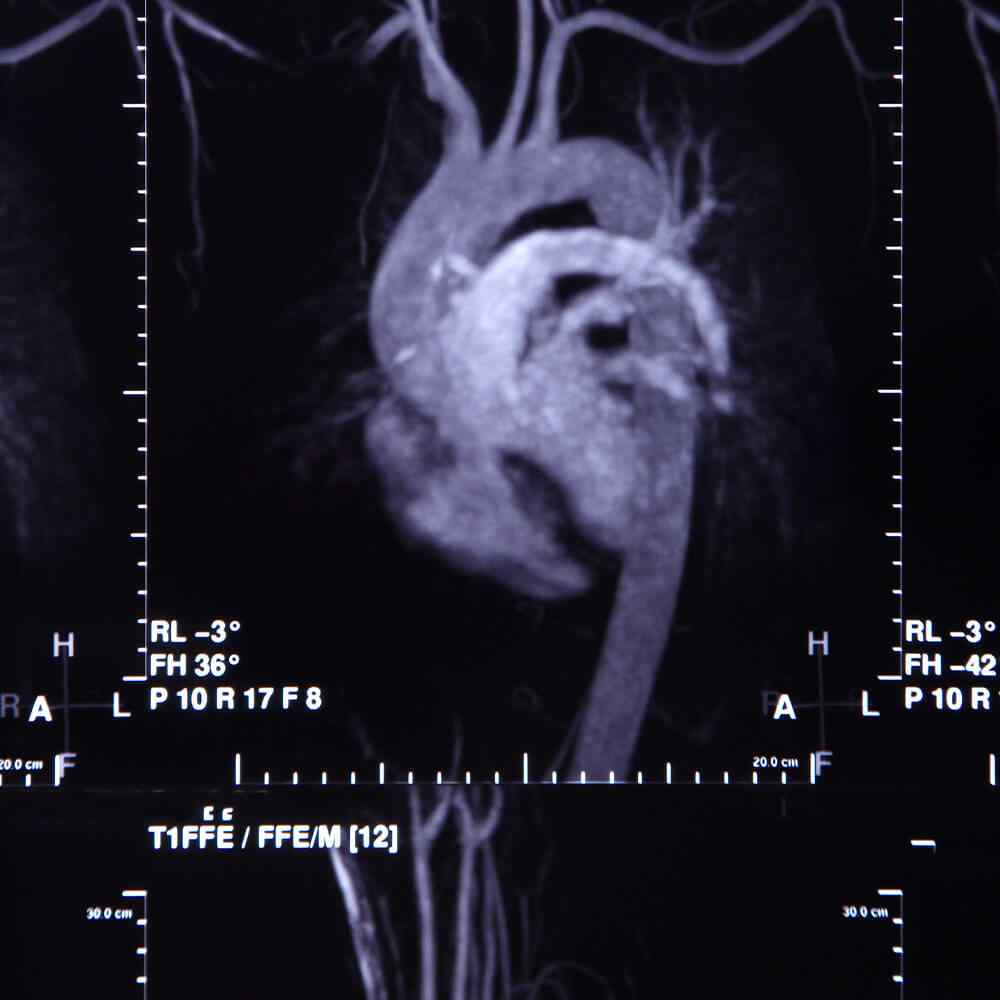
TreatmentsComprenhesive Cardiovascular Care
Make an Appointment
Online Schedule
Cardiac Imaging and Stress Testing
We care for the whole person, see the complexity of each person’s life, and believe that addressing a broad range of human needs.
Peripheral Vascular Disease Treatment
To have patients feel comfortable in the security and confidentiality of their information, to have a trusting relationship between.
Heart Rhytm/ Electrophysiology
A working family that cultivates positivity, team work, support and ongoing educational opportunities and opportunities for potential.
How can the burden of cardiovascular diseases be reduced?
A community in which all people achieve their full potential for health and well-being across the lifespan. We work to be trusted by patients, a valued partner in the community, and creators of positive .
We use a team approach to providing health care, and involve the patient as part of our team. nvolvement by our staff in the community enhances our ability to provide effective health care. A community in which all people achieve their full potential for health and well-being across the lifespan.
Modeling and Analytics
Sense and Respond
Analysis and Monitoring
Diagnostics and Root
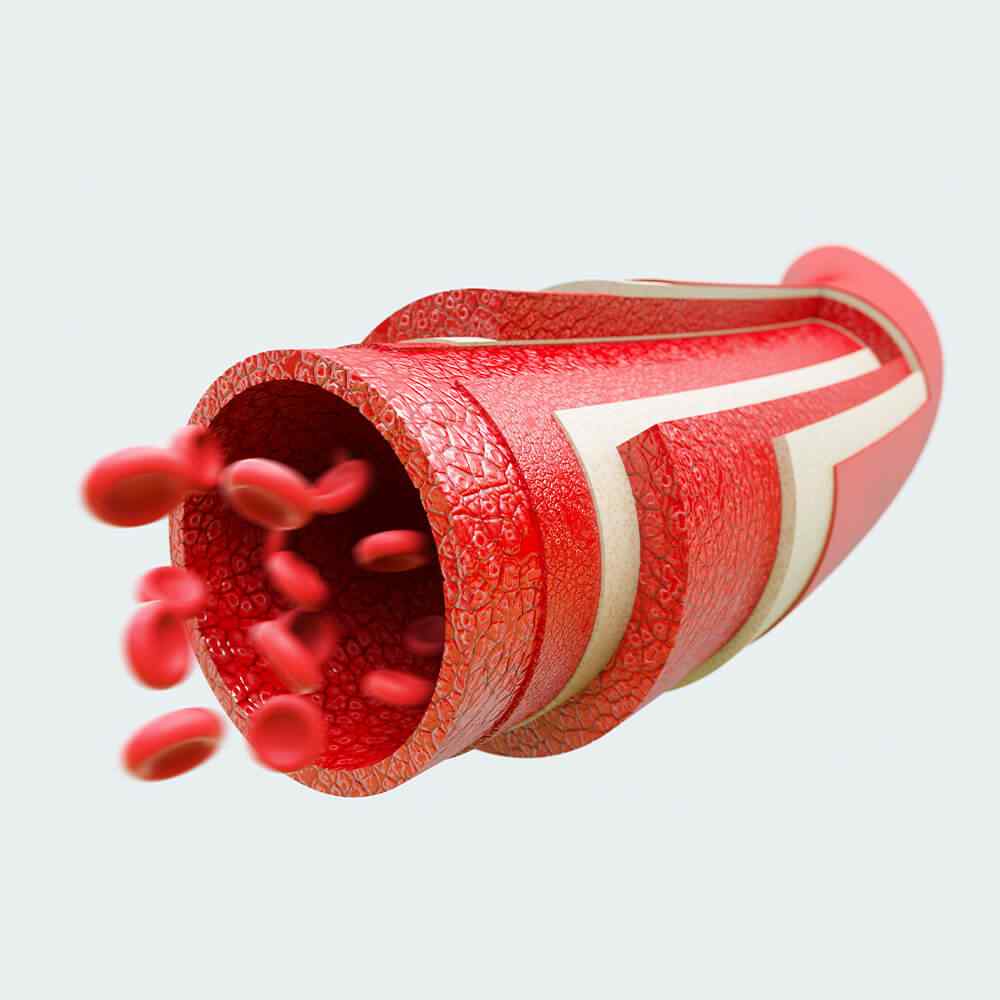
Common Heart ConditionsCardiomyopathy
SYMPTOMS:
Cardiomyopathy refers to conditions that affect your heart muscle. If you have cardiomyopathy, your heart can’t efficiently pump blood to the rest of your body. As a result, you may experience fatigue, shortness of breath or heart palpitations.


